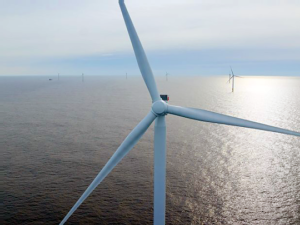Gas Leak Has California Preparing for LNG Imports, Capping Use
By: Mark Chediak | Aug 23 2016 at 05:01 AM | International Trade
California is looking at capping the amount of natural gas burned by power plants this winter, exploring the potential for liquefied gas imports and monitoring oil refiners’ use of the fuel as a historic leak last year continues to threaten the state with supply shortages.
The state needs to take such measures immediately to help avoid service disruptions during the winter heating season, the staffs of the state’s utilities commission, energy commission and power grid operator said in a joint report. The Los Angeles Department of Water and Power also helped prepare the plan.
While Sempra Energy plugged a massive gas leak near Los Angeles in February, use of its Aliso Canyon complex, California’s biggest gas storage field, remains restricted. The state has warned that the restrictions could put the Los Angeles region at risk of short-term blackouts for as many as two weeks this summer. Sempra said earlier this month that it expects to start putting gas back into Aliso Canyon by the end of September.
“The sooner the Aliso Canyon natural gas storage facility can be safely brought on line, the lower the risk to gas and electric reliability, the agencies said in Monday’s report. “The actions identified in this winter action plan will reduce the risk, but will not eliminate it.”
Other Sources
While the uncertainty of weather and restricted use of the Aliso Canyon field still pose risks, energy conservation and other measures outlined in Monday’s report should help meet the needs of Southern California, the state agencies said. Even on days when demand peaks this winter, the state should be able to rely on other sources for gas, they said.
According to the report, Sempra has “indicated interest” in delivering liquefied natural gas supplies to its San Diego Gas & Electric Co. utility system from its LNG terminal at Costa Azul, Mexico, but expressed concern that affiliate rules may prevent this. The agencies recommended investigating such impediments.
The agencies also said power grid manager California Independent System Operator should impose a ceiling on the amount of gas an electricity generator can burn on “very cold days.” That would essentially curb demand from power generation in advance so utilities wouldn’t have to curtail more later. They said the state should monitor oil refineries’ natural gas use and any potential impact on gasoline prices.
The economic consequences of refiners “not being able to operate could be large,” they said in the report. “The attorney general should also monitor gasoline prices for potential price manipulation and be prepared to take action if needed.”
